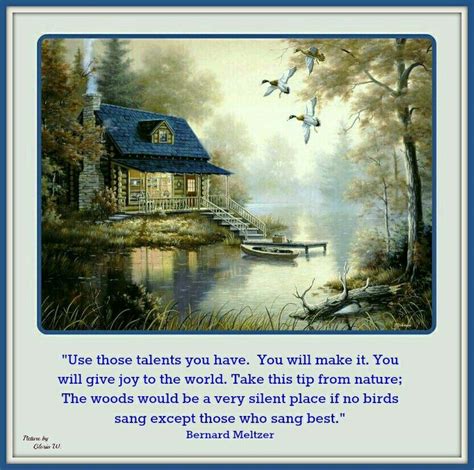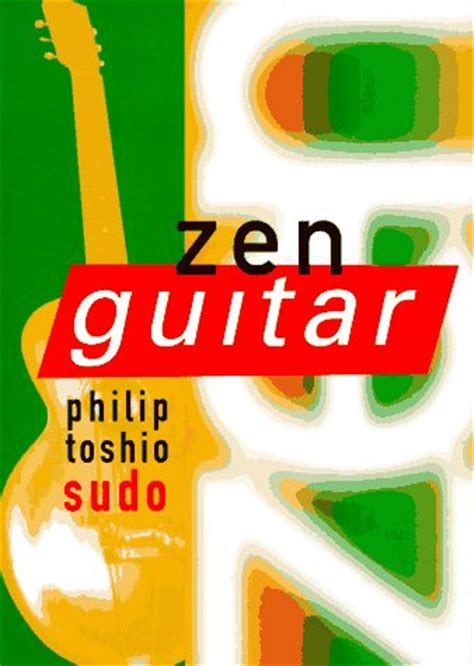Цитата Генри Дэвида Торо
Как мы будем зарабатывать себе на хлеб — серьезный вопрос; тем не менее, это милый и привлекательный вопрос. Не будем уклоняться от него, как это обычно делается. Это самый важный и практический вопрос, который ставится перед человеком. Не будем торопиться с ответом. Давайте не будем довольствоваться получением нашего хлеба каким-то грубым, небрежным и поспешным способом. Некоторые мужчины ходят на охоту, некоторые на рыбалку, некоторые на игру, некоторые на войну; но ни у кого нет такого приятного времяпрепровождения, как у тех, кто искренне стремится заработать себе на хлеб.
Темы цитат
Связанные цитаты
Могу сказать, что Китай сотрудничает с Индией в поиске решений. В некоторых вопросах для них это вопрос принципов. По некоторым вопросам для нас это вопрос принципов. По некоторым вопросам они расходятся с нами, а есть вопросы, по которым мы расходимся с ними. Есть некоторые принципиальные отличия. Но самое главное, что мы можем говорить с Китаем с глазу на глаз и самым недвусмысленным образом излагать интересы Индии.
Некоторые думают, что выборы — это игра: кто наверху, а кто внизу. Это о нашей стране. Речь идет о будущем наших детей. Это про нас всех вместе. Некоторые из нас выкладываются и делают это вопреки трудным обстоятельствам. Мы делаем это, каждый из нас, несмотря ни на что. Мы делаем это, потому что мы заботимся о нашей стране. Кто-то из нас прав, а кто-то нет. Кто-то из нас готов, а кто-то нет. Некоторые из нас знают, что мы будем делать в первый день, а некоторые из нас не продумали это до конца.
Вечное ожидание смерти всегда рядом с каждым из нас, осознаем мы это или нет. Никто из нас не может этого избежать. Оно приходит одинаково к великому и к неизвестному; к праведникам и к неправедникам. В чем мы отличаемся, так это не в нашей способности предотвратить его, а в готовности, с которой мы встречаем его. В такие времена некоторые подвергают сомнению суды Божьи. Некоторые находят горечь из-за обстоятельств и из-за кажущейся безвременности смерти.
Для многих из нас компьютер является средством, с помощью которого мы зарабатываем на жизнь. Таким образом, кивнуть ему — это способ поблагодарить инструмент за то, что он дает в жизни. Это помогает положить хлеб на стол и крышу над головой. Это дает нам работу и удовольствие, тренирует наш ум, приносит нам информацию, связывает нас с другими людьми. Это партнер, помогающий нам достигать наших целей. Кивая также благодарит невидимые руки и умы, которые помогли создать нашу машину.
И согласно тому, как мы говорим: «Отче наш», потому что Он Отец тех, кто понимает и верит; так и мы называем это «нашим Хлебом», потому что Христос есть Хлеб тех, кто находится в единстве с Его Телом. И мы просим, чтобы этот Хлеб давался нам ежедневно, чтобы мы, пребывающие во Христе и ежедневно принимающие Евхаристию в Пищу Спасения, не могли вмешательством какого-нибудь гнусного греха... быть отделенными от Тела Христова.
Каждый из нас может сидеть и ждать смерти с самого дня нашего рождения. Те из нас, кто этого не делает, решают задать — и ответить — два вопроса, которые определяют каждое сознательное существо: Чего я хочу? и что я буду делать, чтобы получить его? Которые, наконец, только один вопрос: Какова моя воля? Каин учит нас, что ответ всегда можно найти в нашем собственном опыте; наша жизнь обеспечивает структуру вопроса, и правильно сформулированный вопрос содержит свой собственный ответ.
Никому из нас не нравится концепция закона, потому что никому из нас не нравятся ограничения, которые он накладывает на нас. Но когда мы понимаем, что Бог дал нам Свой закон, чтобы помочь нам охранять наши души, мы видим, что закон предназначен для нашего исполнения, а не для нашего ограничения. Закон напоминает нам, что некоторые вещи, некоторые переживания, некоторые отношения священны. Когда все осквернено, утрачена не только моя свобода, утрата касается всех. Бог дал нам закон, чтобы напомнить нам о святости жизни, а созданные нами правовые системы служат лишь напоминанием о нечестивых суждениях, которые мы выносим.
Какие у нас есть гарантии, что наши хозяева сдержат или смогут сдержать обещание, которое побудило нас продать себя? Не будем обманываться фразами о том, что «Человек сам распоряжается своей судьбой». Все, что может случиться на самом деле, это то, что одни люди возьмут на себя ответственность за судьбу других. Они будут просто мужчинами; нет совершенства; некоторые жадные, жестокие и нечестные. Чем полнее мы спланированы, тем мощнее они будут. Нашли ли мы какую-то новую причину, почему на этот раз власть не должна развращать, как это было раньше?


































